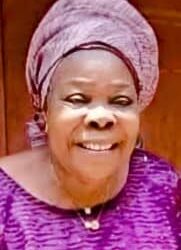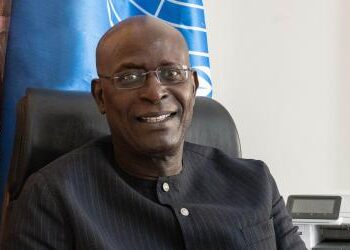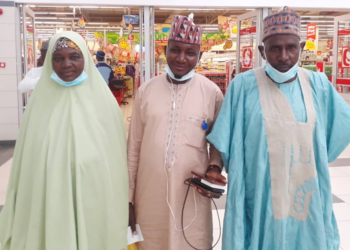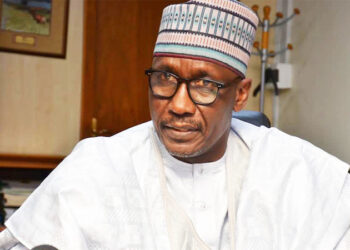Nigeria joins the global community in UNICEF in observing the annual 16 Days of Activism against Gender-Based Violence.
This year’s theme, “Invest to Prevent Violence against Women and Girls,” underscores the government’s strong commitment to addressing all forms of violence against women and children.
The 16 Days of Activism against Gender-Based Violence is an international campaign that begins on November 25, the International Day for the Elimination of Violence against Women, and concludes on December 10, Human Rights Day.
This year, the UNITE Campaign’s theme, “UNITE! Invest to prevent violence against women and girls,” encourages citizens to demonstrate their commitment to ending violence against women and girls by sharing actions they are taking to foster a violence-free world. The campaign also urges governments and organizations globally to disclose their investments in preventing gender-based violence.
Gender-Based Violence in Nigeria, including rape, domestic violence, sexual harassment, child marriage, and female genital mutilation (FGM), manifests in physical, sexual, psychological, and economic abuse, often stemming from unequal power dynamics between men and women.
Nigeria, with approximately 20 million survivors, represents 10% of the global 200 million survivors and has the third-highest incidence of FGM worldwide, with the highest risk occurring in the first year of a girl’s life (NDHS 2018).
Sexual and domestic violence disproportionately affect women and girls, transcending ethnic, religious, and social boundaries. It is perpetuated by harmful practices like FGM, widowhood rites, and child marriage, as well as ongoing conflicts in various regions of Nigeria.
The Movement for Good to End FGM, initiated by the Federal and State governments through the Ministry of Health and Ministry of Women Affairs in collaboration with UNICEF, community stakeholders and other partners, has gained over 6 million members.
This community actively raises awareness about the adverse effects of FGM, targeting key decision-makers at household levels and serving as vigilant reporters for girls at risk of FGM.
Efforts to combat GBV and harmful practices such as FGM and child marriage by state and non-state actors in Nigeria, including legal reforms, advocacy for child rights and gender-sensitive laws, and provision of quality support services, must continue.
Minister of Women Affairs, Barrister Uju Kennedy-Ohanenye, highlighted the urgency of the situation, stating, “With 27,698 cases of SGBV recorded in 6 states from 2020-2023, the Federal government advocates the full implementation of the Violence Against Persons Prohibition (VAPP) Act across all states to reduce Sexual and Gender-Based Violence.
The theme emphasizes the need for accountability and increased investment in education for girls, digital skills, socio-economic advancement for women, and the eradication of violence, including rape, sexual abuse, and harmful traditional practices like FGM and child marriage.”
The Honourable Minister also noted the global challenge in achieving gender equality, marking it as an increasingly distant goal halfway through the 2030 agenda for Sustainable Development.
“At UNICEF, we recognize that preventing violence against girls and women is not just urgent and necessary, but also entirely achievable. Our commitment is to work tirelessly with the government and other partners to tackle this deep-rooted issue”.
“Now is the time for action, to ensure that every girl and woman lives in a society where her safety, dignity, and rights are not just respected, but guaranteed.” Said Ms Cristian Munduate, UNICEF Representative in Nigeria.
The Movement for Good to end FGM is implemented under the UNFPA-UNICEF Joint Programme on the Elimination of Female Genital Mutilation, with generous support from the European Union and governments of Austria, France, Iceland, Italy, Luxembourg, Norway, AECID (Spain), Sweden and the United Kingdom.













